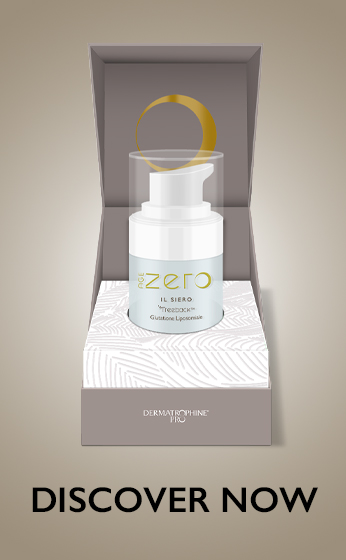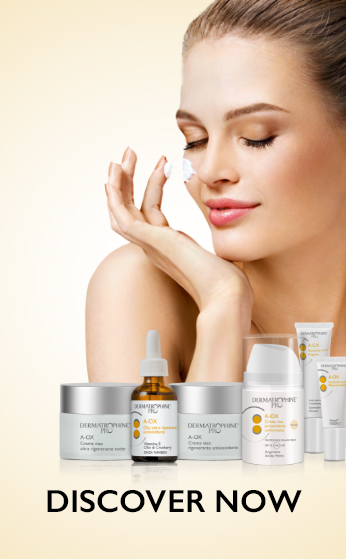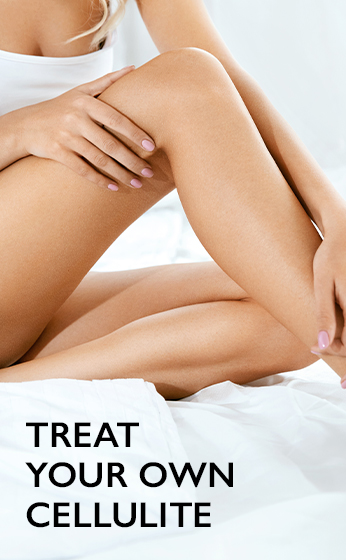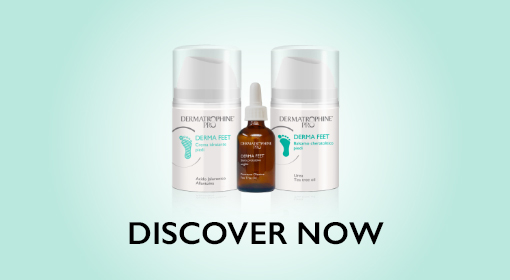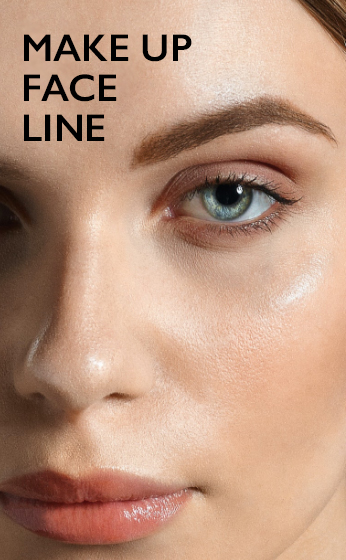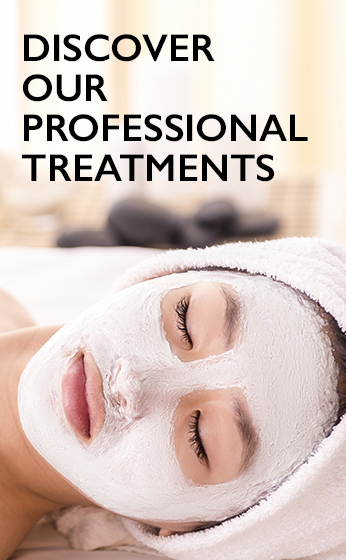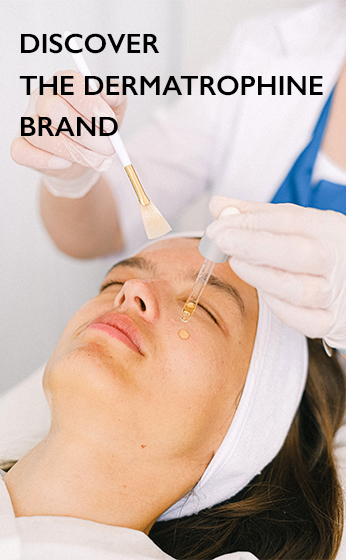DOES SKIN HIBERNATE AS WELL?
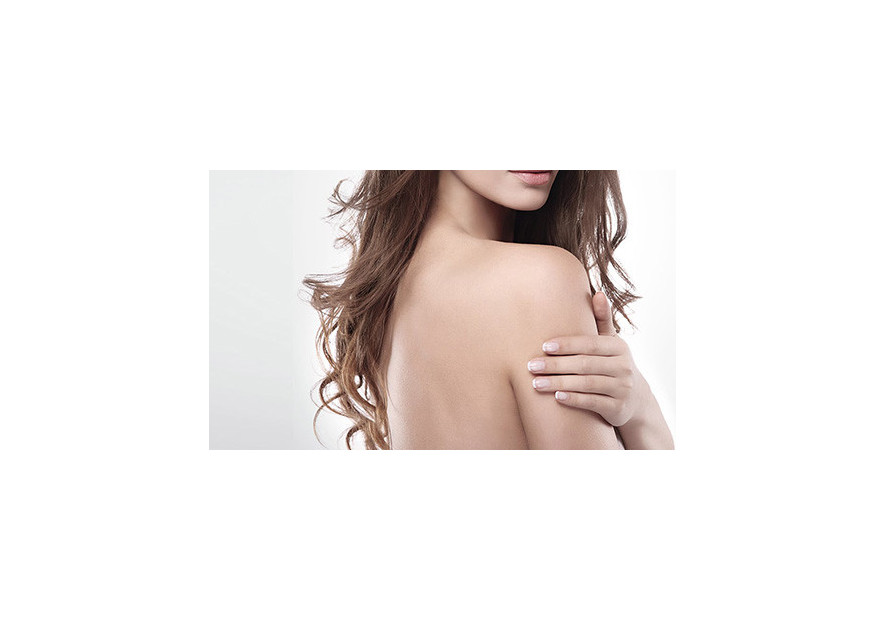
You will no doubt have noticed that skin gets drier in the winter. Indeed, the cold and smog, especially in big cities, are the skin’s worst enemies.To defend itself from the cold, the skin, in a certain sense, goes into hibernation, i.e. its activity slows down. A phenomenon caused by a contraction of the blood vessels, a mechanism used by our bodies to retain warmth. On the other hand because the skin receives less nutrition from the blood, it produces less fat and retains less water.The wind, low air moisture and indoor heating also combined with this natural phenomenon.As a result of this stress, the skin becomes drier, duller and greyer.
As always, the best remedy is prevention: i.e. to create a treatment routine which includes proper cleansing and moisturising.
It is important to use delicate detergents, for sensitive skin, with the right pH balance and moisturising agents, which guarantee hygiene, but do not harm the skin or deprive it of its natural defence systems.After showering, it is a good idea to apply a moisturiser to replace at least a part of the skin’s natural oils which have been eliminated whilst washing and retain as much water as possible.
The ideal moisturisers are, in fact, the ones which help reinforce the skin’s protective barrier whilst retaining the water reserves present and guarantee balanced and long-term hydration leaving the skin looking soft and supple.
A delicate scrub, performed once or twice a week to eliminate dead cells, is the final element in the basic winter treatment cycle for revitalised, soft and bright skin.
In addition to daily skin care, it is important to implement other good habits.
- Use a humidifier in closed, centrally heated areas
- Use warm water for the bath or shower and do not stay in or under for too long
- Pat yourself dry rather than rubbing vigorously
- Drink lots of water
- Protect yourself from the cold with warm and, if possible, natural clothes
- Consume foods that are rich in vitamin E, vitamin A and fatty acids, such as Omega-3 (sardines, anchovies, salmon, almonds, olive oil, carrots and cabbage)
- For a targeted treatment, seek the advice of a professional beautician

